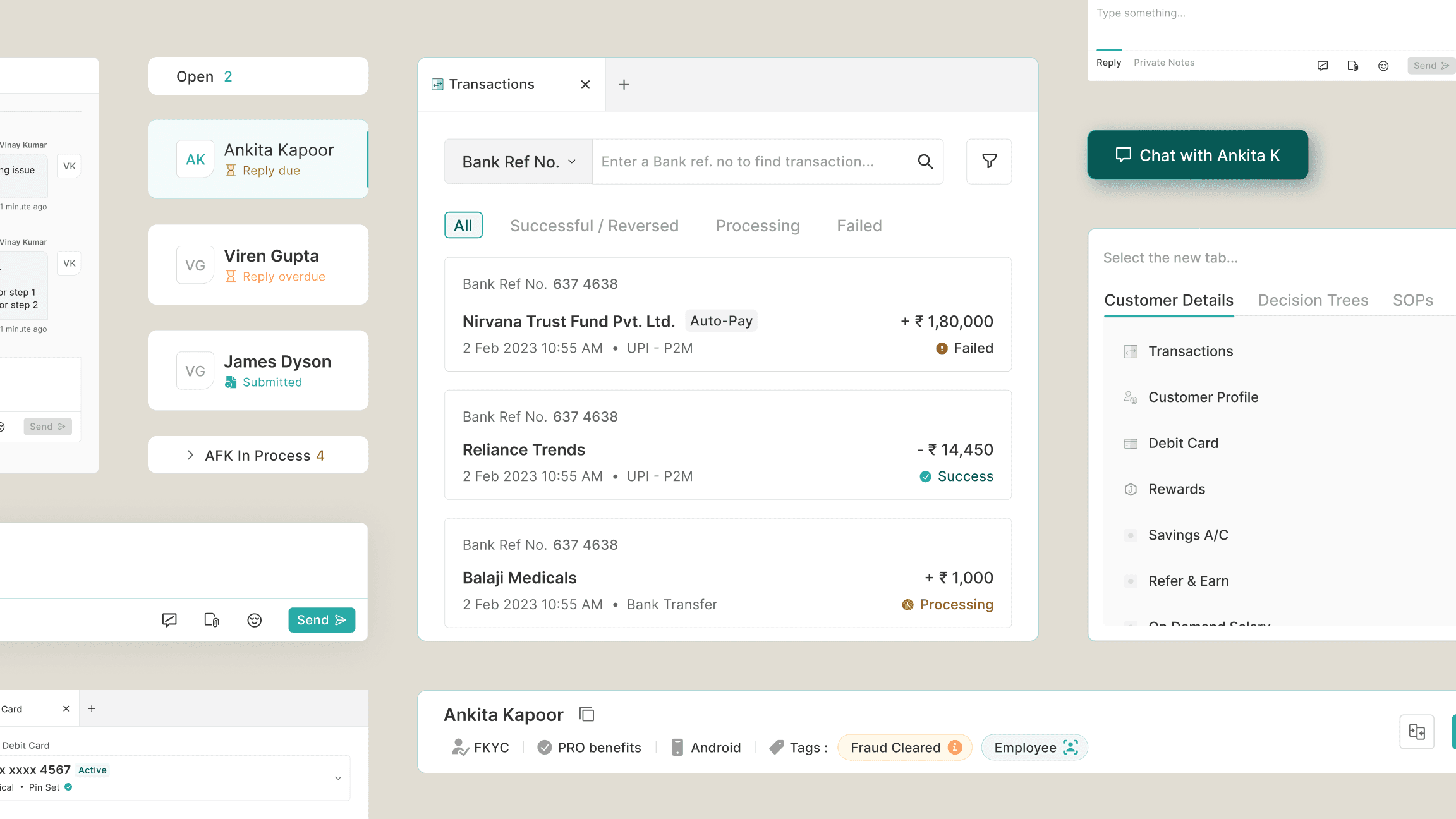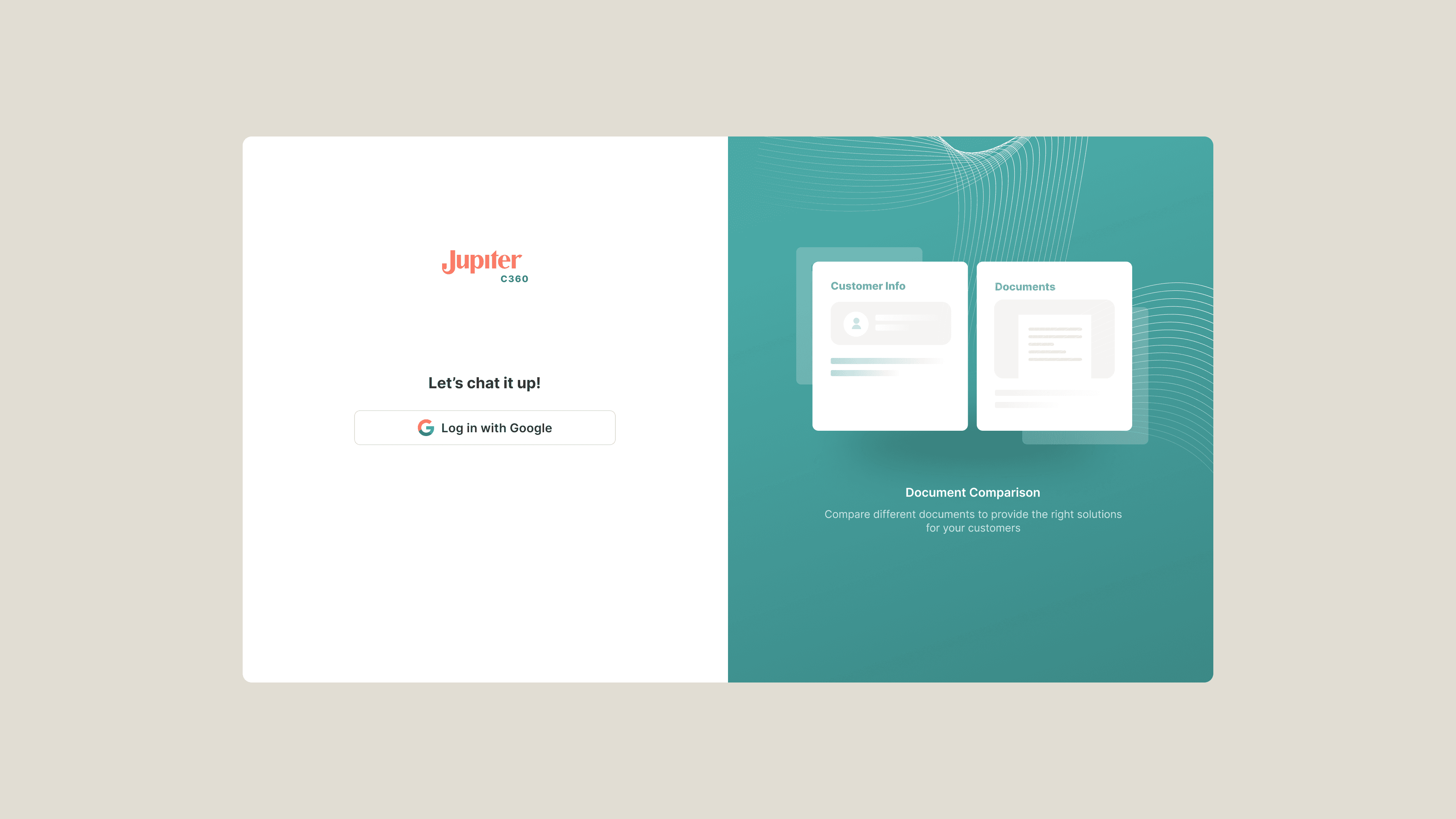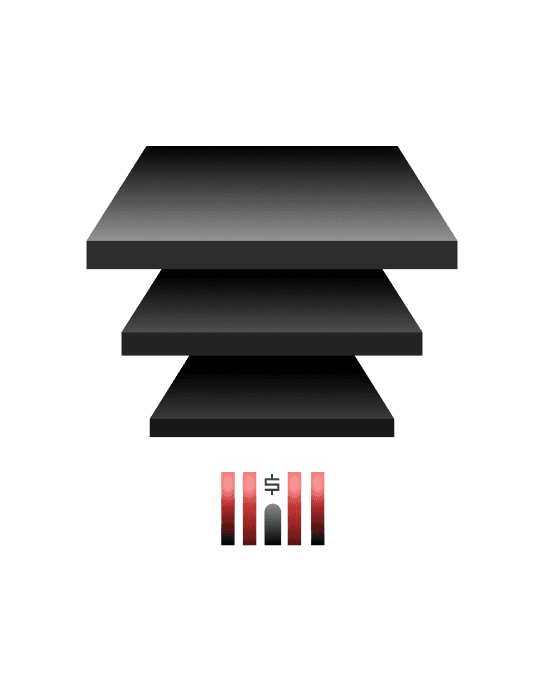// outcomes
There was a 20%* reduction in Average Handling Time (AHT) owing to more streamlined worflows
80% of agents reported a noticeable reduction in context switching during surveys.
Within a span of 6 mos we delivered fully scalable system which was then used to continually build the remaining use cases









// OVERVIEW
Problem
The customer support team at a leading banking company faced significant inefficiencies due to fragmented workflows. While the team excelled at maintaining a high-grade response time (~90%), the resolution time lagged, adversely impacting customer satisfaction and operational efficiency.
Agents were required to switch between multiple portals for handling queries, ticket management, and document references, leading to frequent context switching. This not only caused delays in resolution but also negatively affected individual agent performance metrics and the overall resolution rate.
To address these challenges, a OneView Portal was introduced, aiming to streamline operations by aggregating all key functions—multi-channel query handling, ticket management, and document referencing—into a unified interface
My Role
I served as the **Lead Designer** for this project, collaborating with a Product Designer from my team. Together, we were responsible for overseeing the design process and delivering a user-centered, cohesive platform
Phase 1: Research, Concept Testing, and Prototyping
Research
We began by conducting an in-depth analysis to understand the operational model of the Customer Success Team. This involved:
Stakeholder Interviews: Collaborating with team members to identify pain points and understand their workflows.
Agent Observation: Observing how agents interacted with the existing systems to pinpoint challenges and inefficiencies.
Concept Testing
Early Concept Testing: Partnering with the Head of Product and the Product Manager, we tested initial design concepts to ensure alignment with the team’s needs and goals.
Stakeholder Feedback: Iterating on concepts by involving key stakeholders throughout the process.
Detailed Prototypes: Once the initial concepts were approved, we developed detailed interactive prototypes for user testing.
3. User Testing
Conducted remote usability testing sessions with agents, where their interactions were recorded and analyzed
Gathered actionable feedback that validated the feasibility and effectiveness of our proposed solutions.
Outcome
As our contract’s initial window drew to a close, the prototypes demonstrated promising results. Impressed with the progress, the client extended our contract to continue refining the platform.
Phase 2: Design Refinement and Integration
With the extended contract, we shifted gears to focus on scaling and fine-tuning the solution:
Vertical-specific deep dives
We delved into various verticals connected to the banking product to ensure the platform met the diverse needs of different stakeholders. This involved:
Designing for specific workflows and edge cases.
Ensuring consistency across the entire platform.
2. Embedded Collaboration
The Product Designer from my team was embedded directly with the client’s team to facilitate faster iterations and tighter feedback loops. My responsibilities during this phase included:
Acting as a Design Reviewer to ensure quality and alignment with strategic goals.
Managing Expectations: Coordinating with stakeholders and setting the overall design direction.
Outcome
Over the course of a year, we delivered a fully realized design system and final UI/UX designs for the C360 platform. The Product Designer’s hands-on contributions earned rave reviews from the client’s team for their impact and excellence.
Key Results
Delivered a streamlined and unified dashboard that significantly improved the user experience for agents.
Enhanced the platform’s usability through rigorous testing and stakeholder collaboration.
Successfully bridged the gap between the client’s prototype and a scalable, production-ready solution.
Received commendations for our contributions, cementing our reputation as trusted design partners.
// whats next
Have a project you need help with ?











